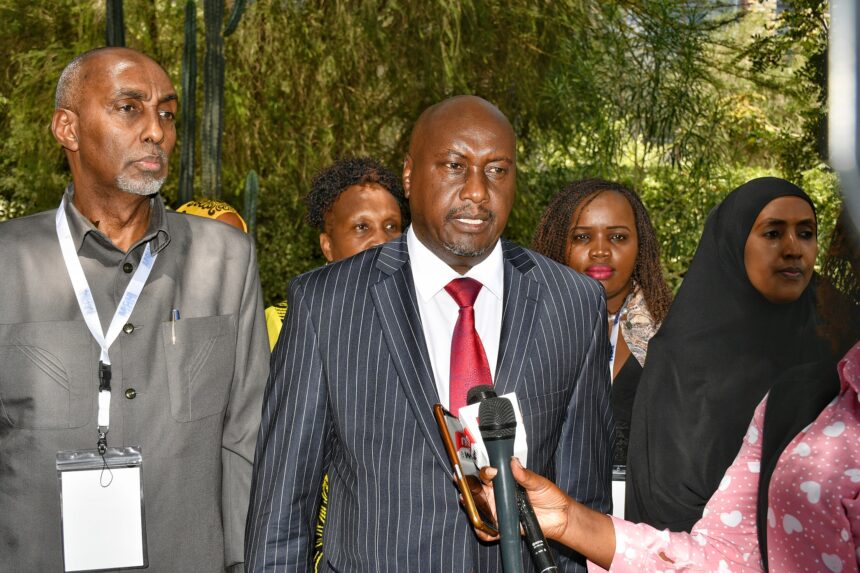The State Department for Public Service has committed to expanding mental health support for government employees, as the number of civil servants facing mental health challenges has surged significantly. Principal Secretary Amos Njoroge Gathecha reported a sharp rise, with cases increasing from 4,000 before the COVID-19 pandemic to over 14,000 in 2023.
To address this growing need, the government has established counseling centers across all Huduma centers nationwide, and employees can access tele-counseling support by calling 1919, where professional counselors are available.
Data from the department show that mental health conditions led to a national economic loss of Sh62.2 billion, approximately 0.6% of Kenya’s GDP in 2020, marking an urgent need for sustained mental health interventions in the workplace. Speaking at the 28th Annual Human Resource Management Conference in Naivasha, Gathecha reaffirmed the government’s commitment to fostering a healthier, more resilient Public Service workforce, with this year’s conference theme focused on “HR Visionaries: Transforming Workplaces, Empowering Africa.”
The Public Service is also extending its comprehensive medical insurance coverage for civil servants, coordinated through the Social Health Authority, until November 2024. This aims to ensure uninterrupted access to healthcare services and group life insurance for civil servants, previously managed under the now-disbanded National Health Insurance Fund (NHIF). Additionally, Gathecha encouraged all citizens to register with the new Social Health Insurance Fund to ensure universal healthcare access.
Beyond healthcare, the State Department for Public Service has implemented various modernization efforts, such as the Human Resource Information System Kenya (HRIS-Ke), a new digital payroll management system for civil servants. This system provides each employee with a Unique Payroll Number (UPN) under a standardized payroll framework, streamlining human resources processes across public sector ministries, departments, and agencies. Training on this new system began in July 2024 for payroll managers from government ministries, counties, state corporations, and universities, and all agencies are expected to complete the migration by June 2025.
The government is also actively working to create an inclusive and equitable workplace by adopting a range of policies. These include the Diversity Policy for the Public Service, the Dignity at Work Policy, Gender Mainstreaming, and the HIV and AIDS Policy, which aim to accommodate and support a diverse workforce with varied generational needs.
Gathecha highlighted ongoing efforts to improve efficiency by embracing digital solutions such as virtual meetings, e-learning, and teleconferencing. These measures are part of the Huduma Kenya Service Delivery Program, which centralizes public services into one-stop service centers for easier access and convenience.
In closing, Gathecha urged HR professionals to adhere to the HRMP Act, 2012, and the Professional Code of Conduct, and to uphold standards of transparency, accountability, and good governance. He emphasized that a transformed workplace is integral to Kenya’s broader economic development, urging HR professionals to embrace creativity and integrity in their roles.
Adding to the discussion, Ethics and Anti-Corruption Commission (EACC) Deputy CEO Abdi Mohammed announced a new curriculum focused on ethics and anti-corruption. This program, developed in response to observed ethical lapses among professionals, will launch in March at the Kenya School of Government and will be incorporated into training programs with four major professional bodies.



